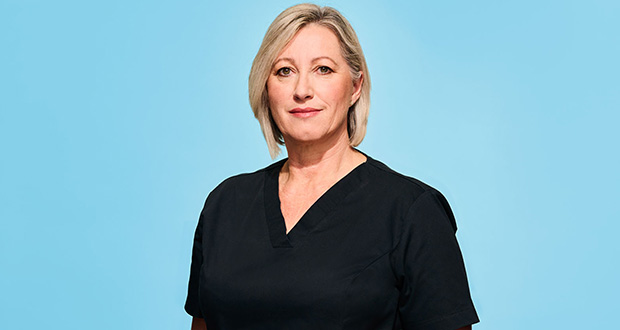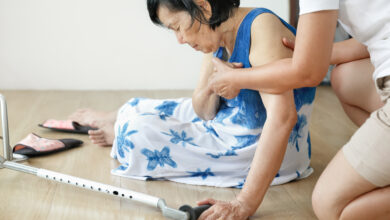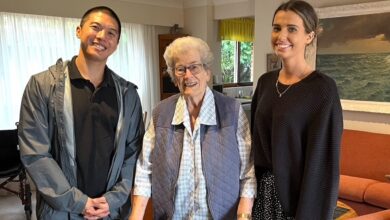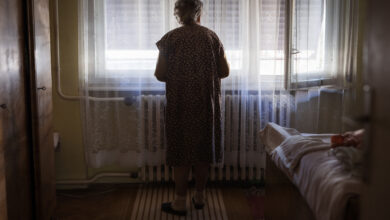Palliative Care Week: Let’s talk about death and dying

An aged care nurse has called for Australians to become more open in conversations about death and dying during National Palliative Care Week.
Multi-award-winning palliative care nurse, Juliane Samara, highlighted the need for a cultural shift in society about mortality to better prepare people for the inevitable end.
Each year, the nation's palliative care peak body, Palliative Care Australia, raises awareness and places 'matters of life and death front and centre.'
"We need to embrace death and dying as part of living," Ms Samara told Aged Care Insite.
"Our culture has evolved to one where we hide death and dying behind closed doors in hospitals, healthcare facilities and aged care homes.
"We need to be more comfortable talking about it and having those conversations to be more prepared when the time comes."
Palliative care delivers healthcare and support to people with life-limiting illnesses by managing pain and maintaining the best quality of life possible as the disease progresses.
In 2021, nearly 60,000 people received palliative care through Australia's 177 palliative care services.
Two in three cases had been diagnosed with cancer.
Three in four patients passed away within 30 days, with 62 per cent ending in less than two weeks.
Between 2020-21, roughly 4,500 people living in residential facilities needed palliative care, representing nearly 2 per cent of Australians using aged care services.
For six years, Ms Samara has been delivering specialist care across 28 residential aged care homes across the ACT.
Before that, she worked as a specialist oncologist nurse for 12 years, looking after people with malignant brain tumours and gynaecological cancers.
"Palliative care has been a red thread throughout her career," she said.
"I was always destined to be a palliative care nurse practitioner."
One of the reasons Ms Samara decided to study nursing was because of her father-in-law, who was in his final stages of cancer.
She worked in aged care for three years as an undergraduate student and 'loved working with older people.'
"When this role came up, I thought that was a perfect fit."
Ms Samara said that changes in how society works, and lives have impacted our view on death and dying, exacerbating the stigma around it.
"We're taught that we can cure and that the job of medicine is to save lives," she said.
"So, we spent a lot of energy, time and money trying to save lives without honest conversations about the natural process of dying."
Ms Samara said society needed to start those talks before people are diagnosed, as early as primary school and at the dinner table.
We need to be more open and positive about what the end will likely look like so it doesn't come as a surprise when someone is sick, and all treatment options have failed, she said.
"Generations ago, people died at home and were cared for by their family."
Ms Samara said she watched her grandmother care for three brothers who had had strokes.
Later, she nursed her mother at home until she passed away.
"It was normal and part of life. We all chipped in and did our bit," she said.
"These days, everybody is working multiple jobs, trying to make ends meet – we've removed ourselves from that family and community environment where death is just part of life."
For Ms Samara, working in palliative care has made her realise how short life is and how quickly things can change.
"I've witnessed people who were thriving in their careers, then one day, they're diagnosed with a life-limiting illness, and everything suddenly changes.
"Working alongside and supporting people has made me truly value every day.
"I've realised that people facing terminal or life-limiting illnesses can still experience a high quality of life, while others with many years ahead may endure a poor quality of life."
Email: [email protected]





